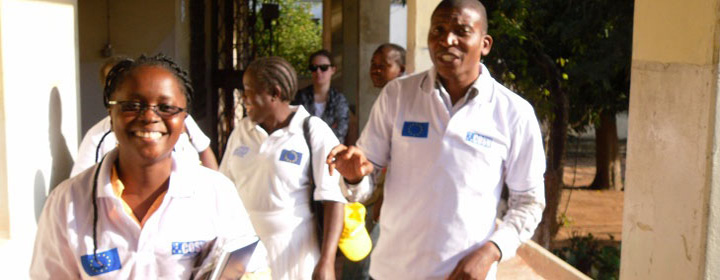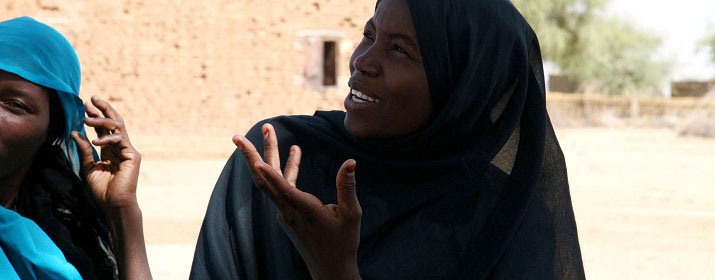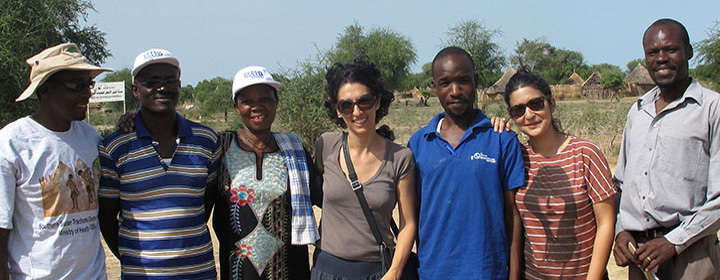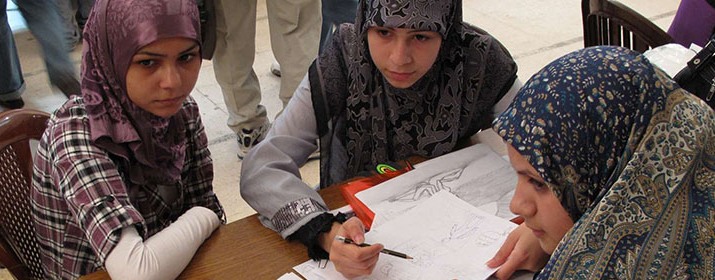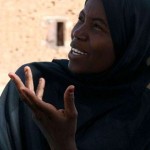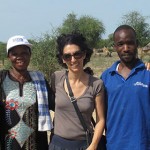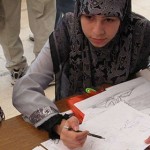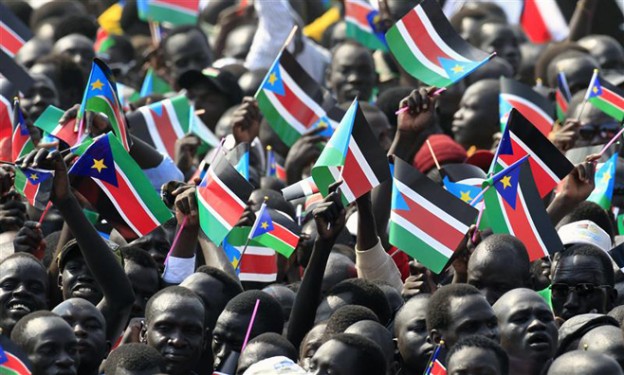Juba, South Sudan, 25th January 2014
Fifty-five major humanitarian non-governmental organizations (NGOs) in South Sudan have expressed their deep concern about the current humanitarian situation in the country and reaffirmed their commitment to help all civilian populations in need of assistance.
The fifty-five NGOs have been deeply alarmed at the scale of human suffering seen in the country in the past six weeks, and so welcome the recent signing in Addis Ababa of a cessation of hostilities agreement between the Government of South Sudan and the opposition forces, and trust that it will lead to a swift reduction in the suffering of civilians. In this regards, the agencies continue to call upon all parties to the conflict to protect civilians, to refrain from targeting attacks on civilian areas, and to distinguish between civilians and combatants.
The NGOs themselves operate in accordance with the four key humanitarian principles of:
• The Humanitarian Imperative: NGOs seek to alleviate human suffering, wherever it is found.
• Impartiality: aid is given regardless of the race, creed or nationality of the recipients and without adverse distinction of any kind. Aid priorities are calculated on the basis of need alone.
•Neutrality: aid is not used to further a particular political or religious standpoint, and NGOs do not take sides in a conflict.
• Independence: NGOs formulate their own policies and implementation strategies and do not seek to implement the foreign policy of any government.
“The humanitarian imperative means that we seek to provide assistance to any civilians who may need it”, explained Wendy Taeuber, Country Director of the International Rescue Committee. “Collectively, we want to be able to help all people in need, wherever they may be located in South Sudan and regardless of who is controlling that area”.
However, the NGOs emphasized that in order to be able to provide assistance to those who need it, it is essential that all actors recognize the independence of NGOs, and ensure respect and protection for their staff, assets, facilities and humanitarian activities. “We call upon all parties to the conflict to allow unimpeded humanitarian access, and to ensure the safety and freedom of movement of our staff” said Caroline Boyd, Medair’s Country Director.
“Violence against aid-workers is always unacceptable” added Alan Paul, Country Director of Save the Children, “and any restrictions on the movements or activities of NGOs simply hinder us from providing vital assistance to those South Sudanese who need it most”. Sadly, at least 3 aid-workers, all South Sudanese nationals, have been killed since 15th December.
“Access is urgently needed”, noted Mercy Corps’ Country Director Mathieu Rouquette, “as the rainy season will be starting in just a few months, which will make it difficult to transport supplies and leave some locations entirely cutoff”.
The NGOs reiterated that their neutrality means they are separate from any military actor or party to the conflict, and they maintain impartiality by providing assistance on the basis of need alone. “Although some NGOs are currently providing assistance to displaced people seeking shelter within UNMISS bases, we are maintaining our independence and respecting humanitarian principles as separate entities from UNMISS” explained Emilie Poisson, Country Director of ACTED.
Background
South Sudan
South Sudan gained independence on 9th July 2011, and is the world’s newest country. Out of a population of about 12 million, it is estimated that more than half a million people have been displaced since fighting broke out just over one month ago.
Humanitarian Principles
Further details on humanitarian principles are given in the Code of Conduct for The International Red Cross and Red Crescent Movement and NGOs in Disaster Relief, available at www.ifrc.org/en/publications-and-reports/code-ofconduct/
The Fifty-Five NGOs
The majority of the fifty-five NGOs have been working in South Sudan for at least ten years, and several have been present for more than 30 years. In 2013, the agencies collectively spent over one-quarter of a billion US dollars on humanitarian and development programmes to assist the people of South Sudan.
Each NGO is registered in South Sudan with the Ministry of Justice and the Relief and Rehabilitation Commission (RRC), and every NGO is obliged to respect the Transitional Constitution of South Sudan, and abide by the country’s laws.

